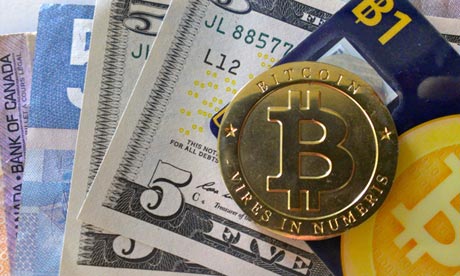I see bitcoin adoption going along the usual model:
enthusiasts/innovators -> early adopters -> early majority -> late majority -> laggards
We are leaving the innovator phase.
The infrastructure is being put in place. Sellers can now accept bitcoin (either as bitcoin or coverted into sovereign currency) more easily than paypal using companies like bitinstant and coinbase. For vendors, no possibility of chargeback fraud is a huge attraction.
There is interest from VC money, endorsement from Paul Graham and $500k from y-combinator for coinbase. Coinbase are shifting over $1M bitcoins per month.
Now reddit, Wordpress, mega.co.nz and others accept bitcoin, there is a fairly liquid market in dollars and euros at mtgox.com and at bitstamp, it looks to me like bitcoin is catching on with the masses. There is an ever growing list of vendors accepting bitcoin.
Another key innovation emerging from the bitcoin economy is provably fair gambling. Of course, bitcoin also allows US players to play online poker -- something that will get you closed down if you accept dollars.
And of course you can buy (or sell) the shiny yellow stuff for bitcoins.
Bitcoin, with its fixed supply, is becoming the gold of the internet. A chart of the price action since inception is available here. It is now worth about $30 per bitcoin.
Interestingly, since all transactions are on a public ledger, for the first time it is possible to directly observe the velocity of money.
You can get a web-wallet at blockchain.info or use the electrum client.
For the curious, if you post your receiving address here, I will send you a (small) amount of bitcoin, as a demo.
enthusiasts/innovators -> early adopters -> early majority -> late majority -> laggards
We are leaving the innovator phase.
The infrastructure is being put in place. Sellers can now accept bitcoin (either as bitcoin or coverted into sovereign currency) more easily than paypal using companies like bitinstant and coinbase. For vendors, no possibility of chargeback fraud is a huge attraction.
There is interest from VC money, endorsement from Paul Graham and $500k from y-combinator for coinbase. Coinbase are shifting over $1M bitcoins per month.
Now reddit, Wordpress, mega.co.nz and others accept bitcoin, there is a fairly liquid market in dollars and euros at mtgox.com and at bitstamp, it looks to me like bitcoin is catching on with the masses. There is an ever growing list of vendors accepting bitcoin.
Another key innovation emerging from the bitcoin economy is provably fair gambling. Of course, bitcoin also allows US players to play online poker -- something that will get you closed down if you accept dollars.
And of course you can buy (or sell) the shiny yellow stuff for bitcoins.
Bitcoin, with its fixed supply, is becoming the gold of the internet. A chart of the price action since inception is available here. It is now worth about $30 per bitcoin.
Interestingly, since all transactions are on a public ledger, for the first time it is possible to directly observe the velocity of money.
You can get a web-wallet at blockchain.info or use the electrum client.
For the curious, if you post your receiving address here, I will send you a (small) amount of bitcoin, as a demo.




Comment